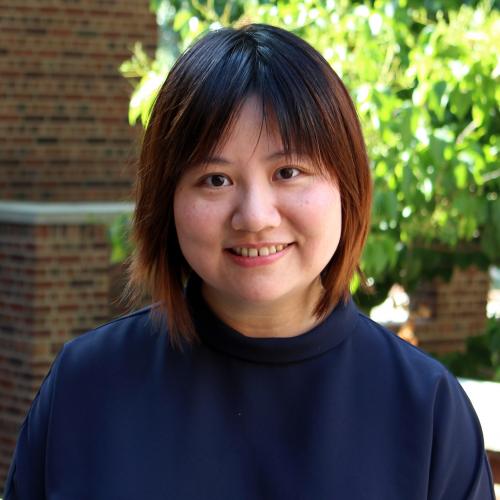A new study conducted by PhD student Michelle Bak and Assistant Professor Jessie Chin, which was recently published in the Journal of the American Medical Informatics Association (JAMIA), reveals how large language models (LLMs) respond to different motivational states. In their evaluation of three LLM-based generative conversational agents (GAs)—ChatGPT, Google Bard, and Llama 2—the researchers found that while GAs are able to identify users' motivation states and provide relevant information when individuals have established goals, they are less likely to provide guidance when the users are hesitant or ambivalent about changing their behavior.
Bak provides the example of an individual with diabetes who is resistant to changing their sedentary lifestyle.
"If they were advised by a doctor that exercising would be necessary to manage their diabetes, it would be important to provide information through GAs that helps them increase an awareness about healthy behaviors, become emotionally engaged with the changes, and realize how their unhealthy habits might affect people around them. This kind of information can help them take the next steps toward making positive changes," said Bak.
Current GAs lack specific information about these processes, which puts the individual at a health disadvantage. Conversely, for individuals who are committed to changing their physical activity levels (e.g., have joined personal fitness training to manage chronic depression), GAs are able to provide relevant information and support.
"This major gap of LLMs in responding to certain states of motivation suggests future directions of LLMs research for health promotion," said Chin.
Bak's research goal is to develop a digital health solution based on using natural language processing and psychological theories to promote preventive health behaviors. She earned her bachelor's degree in sociology from the University of California Los Angeles.
Chin’s research aims to translate social and behavioral sciences theories to design technologies and interactive experiences to promote health communication and behavior across the lifespan. She leads the Adaptive Cognition and Interaction Design (ACTION) Lab at the University of Illinois. Chin holds a BS in psychology from National Taiwan University, an MS in human factors, and a PhD in educational psychology with a focus on cognitive science in teaching and learning from the University of Illinois.

